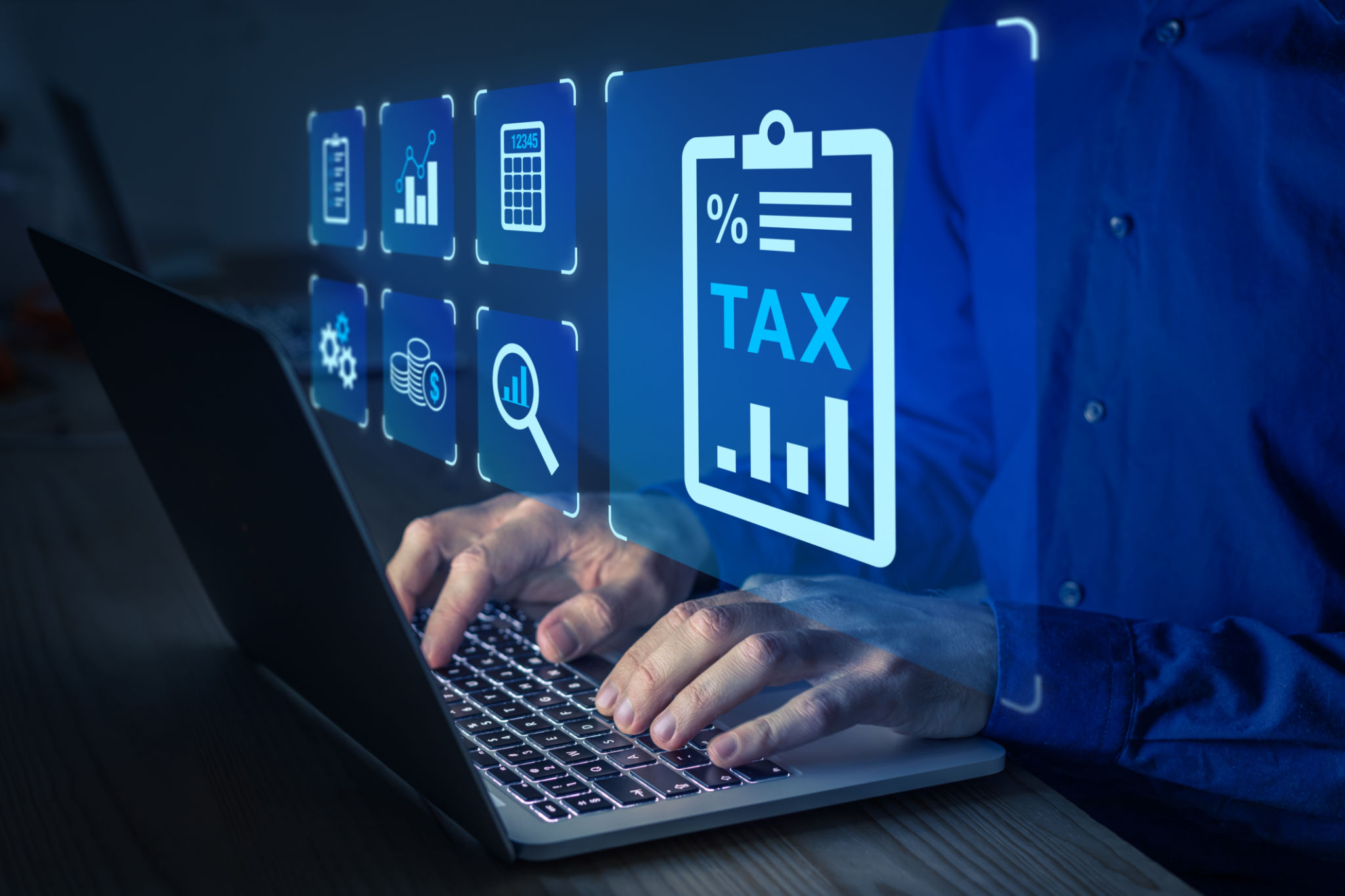Preparing for Tax Season: A Guide for Woodland Residents
Understanding the Basics of Tax Season
As tax season approaches, residents of Woodland may find themselves feeling overwhelmed by the process. Understanding the basics of tax season is crucial to ensuring a smooth and stress-free experience. It's important to know your filing requirements, key deadlines, and any changes in tax laws that may impact your returns this year.
For most individuals, the tax year runs from January 1st to December 31st, with tax returns due by April 15th. However, it's beneficial to begin preparations well before this deadline to avoid last-minute surprises. Familiarize yourself with the various forms you may need, such as W-2s for employed individuals and 1099s for freelancers or independent contractors.

Gathering Your Financial Documents
One of the first steps in preparing for tax season is gathering all necessary financial documents. This includes income statements, receipts for deductible expenses, and records of any investments or savings accounts. Staying organized with a dedicated folder or digital system can save you time and stress when it's time to file.
Additionally, if you've experienced any major life changes—such as marriage, divorce, or the birth of a child—be sure to have documentation ready, as these can affect your filing status and potential deductions.
Using Tax Software or Hiring a Professional
Deciding whether to use tax software or hire a professional can depend on your personal circumstances. For those with straightforward financial situations, software programs offer a cost-effective and user-friendly option. They guide you through the process step by step and often provide helpful hints along the way.

However, if your finances are more complex—perhaps involving multiple income streams, property investments, or business ownership—it might be wise to consult with a tax professional. An expert can ensure accuracy and help you identify deductions you might otherwise miss.
Maximizing Your Deductions
Deductions can significantly reduce your taxable income, so it's worth taking the time to understand which ones apply to you. Common deductions include mortgage interest, student loan interest, and charitable contributions. If you're self-employed, you may also be eligible for deductions on office supplies, travel expenses, and health insurance premiums.
Keep detailed records and receipts throughout the year to substantiate your claims. Many Woodland residents find it helpful to use apps or software that track expenses in real-time.

Understanding State and Local Taxes
In addition to federal taxes, Woodland residents must also consider state and local taxes. Each state has its own set of rules and rates, so it's crucial to understand how these impact your overall tax liability. Check your state's official tax website for specific guidelines and updates on any recent legislative changes.
Local taxes can include property taxes and any additional municipal levies that apply to your area. Be sure to account for these when planning your finances for the year.
Planning for Next Year
Once you've successfully navigated this year's tax season, take some time to plan for the next. Consider adjusting your withholding if you received a large refund or owed a significant amount. This can help balance your cash flow throughout the year.
Additionally, explore retirement savings plans such as IRAs or 401(k)s that offer tax advantages. These can not only help reduce taxable income but also secure your financial future.

By taking proactive steps now, Woodland residents can make tax season less daunting and more manageable in the future. Staying informed and organized will ensure you're well-prepared for whatever changes come your way.